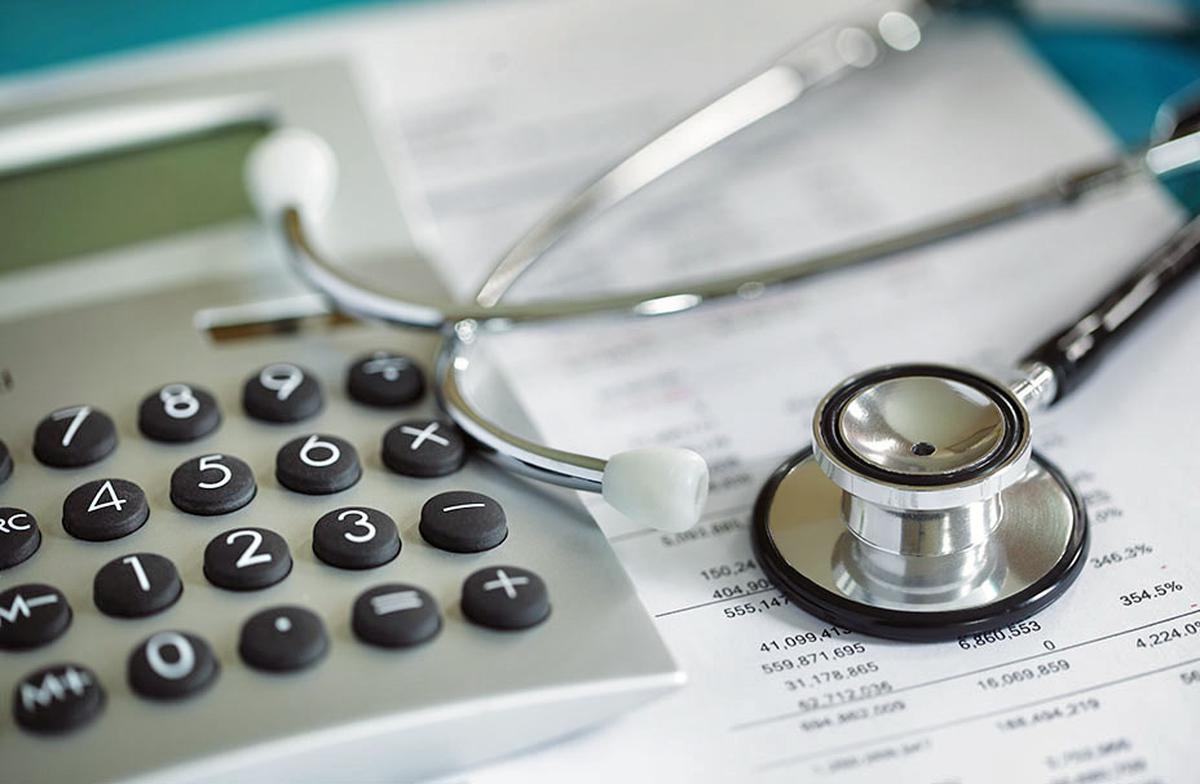Karnataka Private Medical and Dental Colleges Association Demands Fee Hike
As the Karnataka Private Medical and Dental Colleges Association (KPMDCA) announces its decision to demand a fee raise for medical and dental courses, Bengaluru, the capital city of Karnataka, is humming with conversations and arguments. The state’s self-financing medical and dental colleges are struggling financially as a result of this demand following a pricing system that has remained unchanged for the previous four years. The KPMDCA plans to make the proposal for a fee increase once the new administration is constituted, motivated by the need to maintain the quality of education and meet the problems posed by the COVID-19 pandemic. Negotiating a consensus agreement on seat sharing and fee fixation for the current academic year will be one of the new government’s earliest difficulties as it gets ready to take office on May 20.
The Need for Fee Increase
The COVID-19 pandemic has caused serious financial issues in a number of industries, including medical education. Self-financing medical and dental institutions in Karnataka have encountered many difficulties throughout the epidemic, including the introduction of new programmes, the provision of wages and other amenities, and the use of technology and medical equipment. The cost of medical education hasn’t altered in the past four years despite these expectations. The Honorary Secretary of the KPMDCA, Dr. M.R. Jayaram, emphasises the urgent requirement for a fee increase in order to adequately support the operations of the medical institutions.
Proposed Fee Increase
The KPMDCA intends to present a request for a fee increase once the new administration is constituted in order to solve the financial difficulties medical and dental colleges are experiencing. For the schools to remain viable, the group thinks that raising the tuition for medical and dentistry programmes is essential. The colleges can better manage costs associated with adding new courses, updating medical equipment, integrating cutting-edge technology, and paying faculty members competitive salaries by enacting a tuition increase.
Challenges with Seat Sharing and Fee Fixation
One of the main issues the new administration will have to deal with is negotiating a mutually beneficial arrangement on seat sharing and setting the costs of medical and dental education. One of the factors driving the demand for a price increase by private medical and dental institutes is the modified arrangement of seat sharing at a 50:50 ratio, replacing the former 60:40 ratio. It will take careful consideration and cooperation to strike a balance between the interests of the institutions and the government while ensuring that healthcare professionals receive cheap education.
Previous Attempts at Fee Hikes
Last year, a 10% fee increase suggested by the private medical and dental colleges was approved by the state government of Karnataka. The discussions eventually fell through, though, and the current cost system was maintained. For the academic year 2022-2023, the colleges are asking for a more significant increase in the government and institutional MBBS and BDS fees of 30% to 35% this year. The idea intends to close the budgetary gap experienced by the colleges and guarantee that aspirant medical professionals receive high-quality instruction and facilities.
Student effects and affordability
The necessity for sustainability and expansion may be behind the call for a tuition increase, but it also makes students’ access to medical education more expensive. As tuition costs rise, prospective medical and dentistry students may experience financial hardships that discourage them from pursuing their aspirations. In this situation, it becomes vital to strike a compromise between providing affordable education and upholding the standards of medical schools. In order to make sure that worthy students can receive great education without experiencing undue financial pressure, the government and private institutions must cooperate.






















